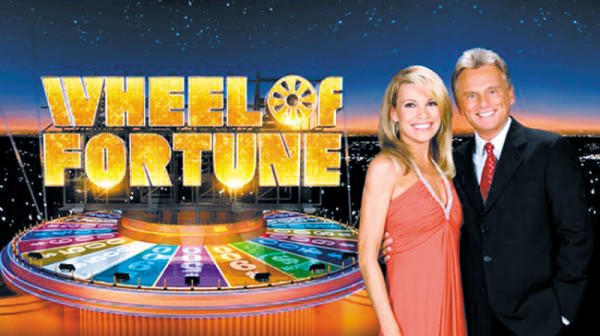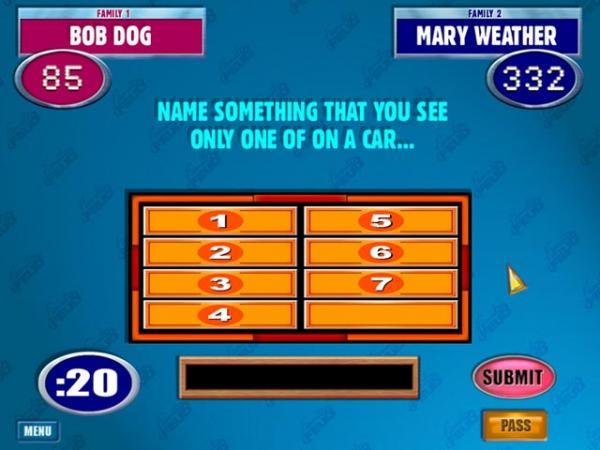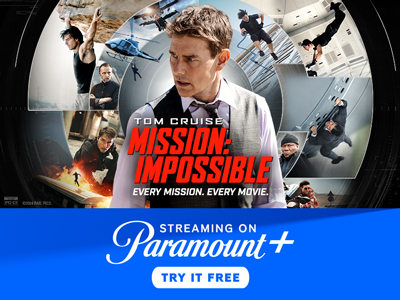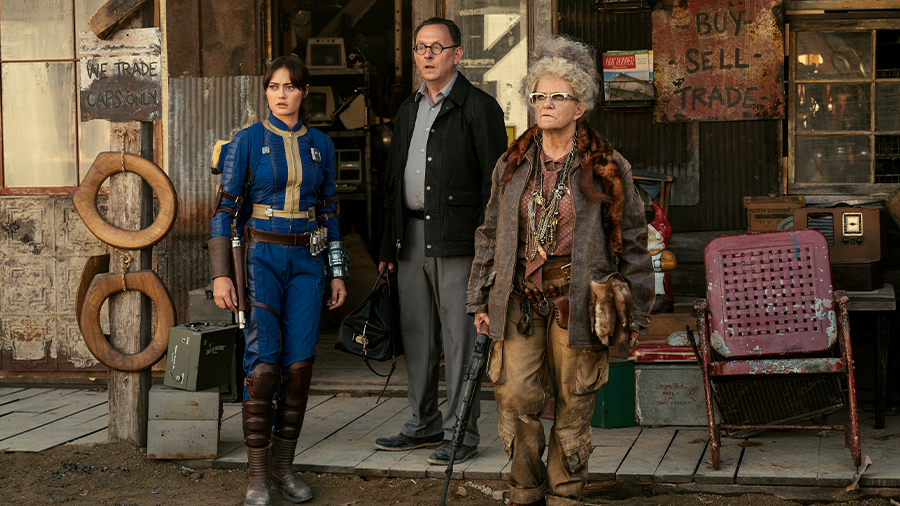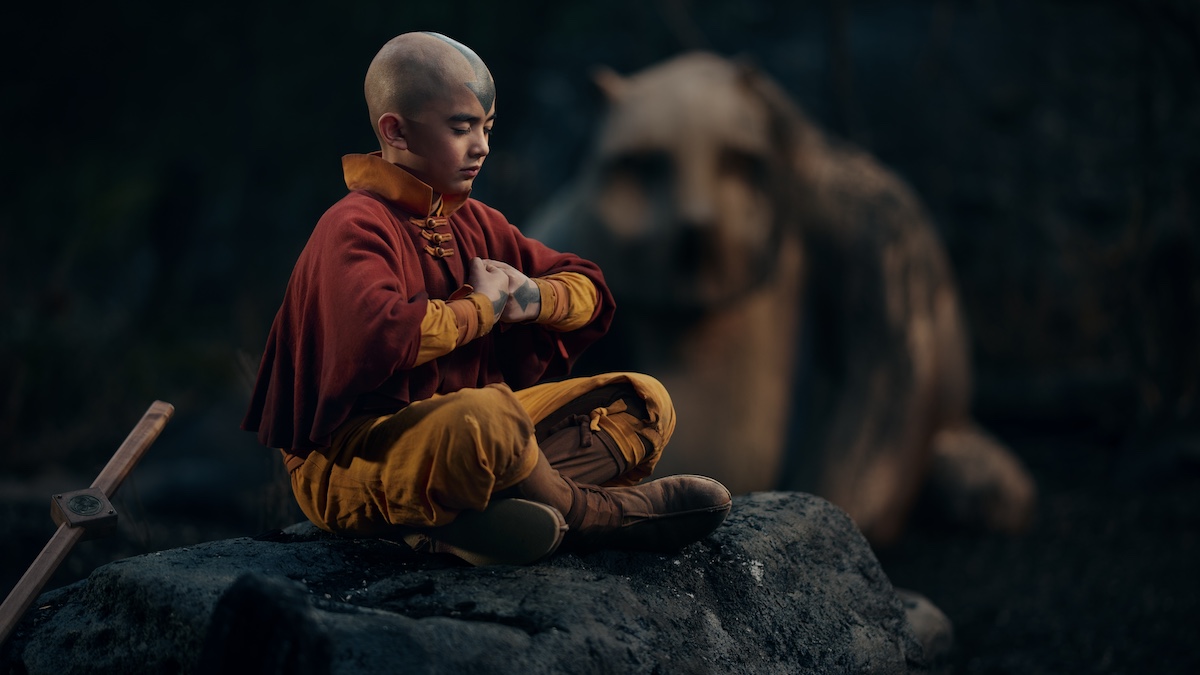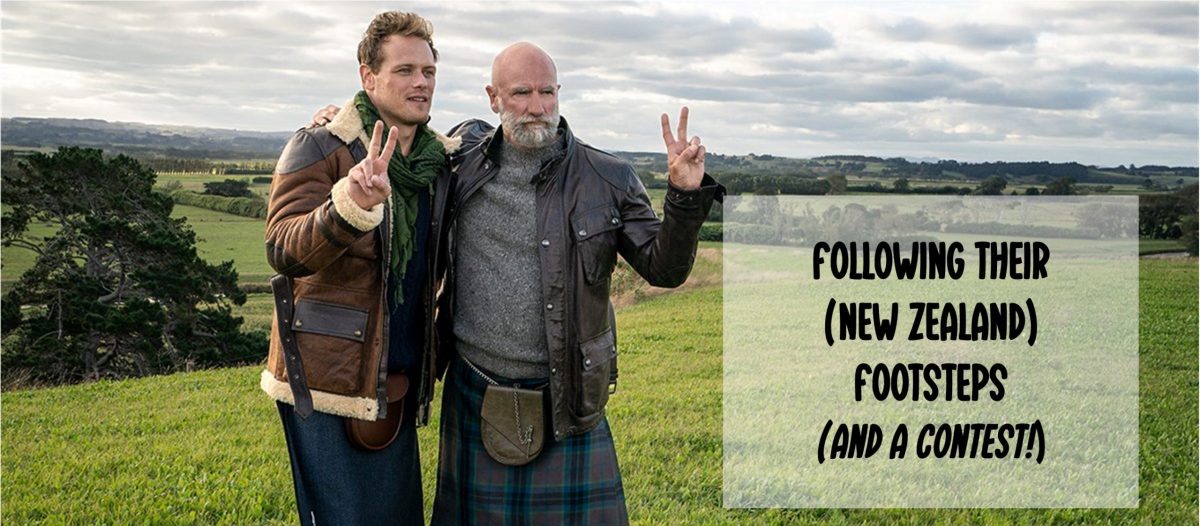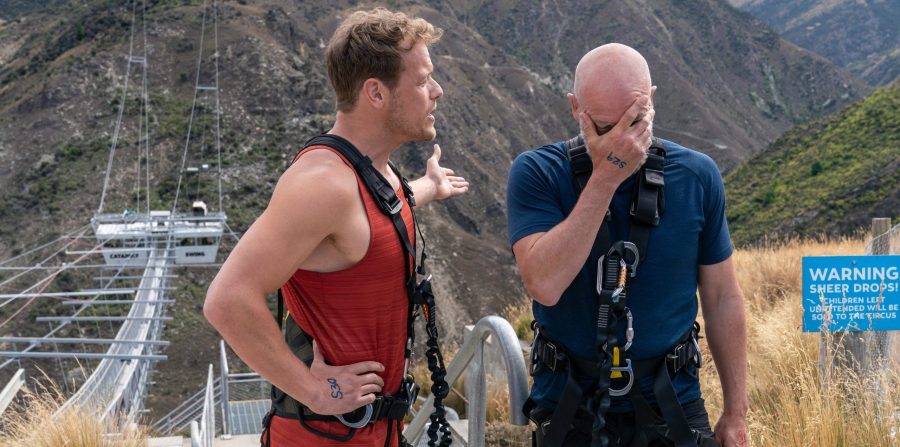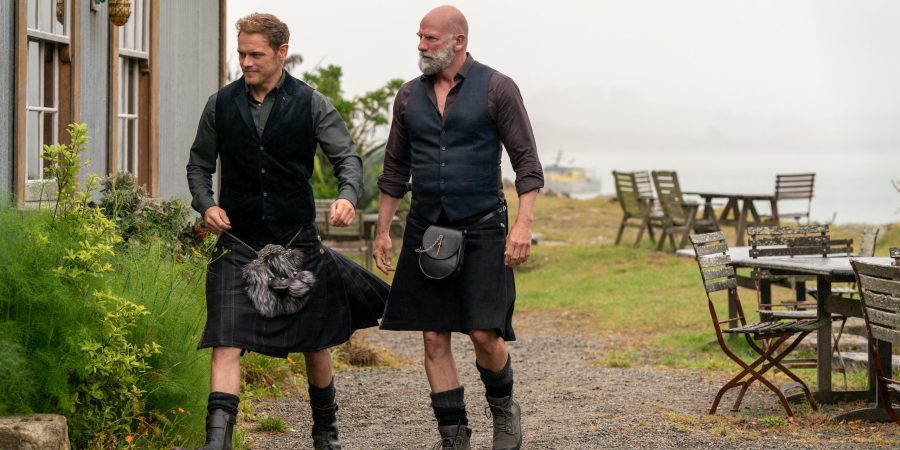If there’s one thing I’ve discovered from hanging out with a bunch of geeks, it’s that they know it all. Everything. About every subject. Well, maybe not, but a lot of them are very good at trivia. And in that, at least, I fit right in. For years, I had trouble trying to get people to agree to play Trivial Pursuit with me, especially when my husband and I teamed up. (He knows everything about sports, and lots about geography, my two weakest subjects.)
So naturally, I’ve long been intrigued with the idea of making money from this fount of useless knowledge I store in my brain. It’s possible to do this – and the easiest way is to win some on a game show. Not that that’s easy, but it is possible. Trivia game shows go in and out of fashion, and I’m seeing a slight resurgence, after several years of a drought – while Who Wants to Be A Millionaire has been on consistently for several years, there have been fairly few other big-money shows on the air for a while.
Last year, NBC aired The Million Second Quiz, which had an intriguing but tiring-just-to-watch premise of nearly around-the-clock gaming; GSN has revived Pyramid, Steve Harvey hosts Family Feud, and there’s a new GSN offering, The Chase, which is now in casting for the next season (I’m auditioning next month in Chicago).
I feel highly qualified to give you advice on game shows – both auditioning and appearing. My background is fairly extensive in this area – I’ve auditioned for many shows, and have appeared on two. In 1999, NBC began holding auditions for what would become a revival of 21, searching for contestants through an ad in the newspaper. I answered the ad, went downtown Chicago on the Saturday before Christmas for an in-person audition, and was selected to appear on the show. I had to go through several more phone interviews, and finally flew out to LA the second week of January for the inaugural taping. But I was sick – everyone and their brother came down with a respiratory thing (really – ERs were swamped) and could hardly talk. The show flew me – and my husband, as there was a component to the show where you could bring out a “helper” for assistance with a question – twice more before I finally got on. I answered all my questions correctly, but lost.
And in 2007, I auditioned for another brand new show, Merv Griffin’s Crosswords, also on NBC. The show flew me (just me this time) out to LA to tape this show. Again, I lost, but did as well as you can do and still lose. I haven’t given up hope that I can win one! Over the years, I’ve auditioned several times for Millionaire – when the show originally aired starting in 1998 or 1999, you had to call in and answer automated questions; if you passed this, you waited the next day for a return call for a second round – over several months, I passed the first round more than 100 times, but never got that second call (and hated the people who said, “I only tried it once…”). I’ve auditioned for Millionaire in the annual events they hold around the country. I’ve tried out for Jeopardy (very tough) and for a Regis Philbin-hosted version of Password (I would have gotten on that, but my Crosswords appearance was too recent at that point).
So for those of you who would like to try to capitalize on all those bits of flotsam and jetsam knocking around in your brain, here’s my advice.
Preparation
– Google “game show auditions.” There are several websites you can register with that will send you emails about auditions. That’s how I found out about Crosswords and The Chase (you can go to chasecasting.com right now if you think you might be interested). Look for websites for your favorite shows. Millionaire says they will start auditioning in May – keep an eye out for info here. Family Feud has audition dates on their website right now. Wheel of Fortune holds local auditions, but sometimes these require an invitation – register on their website to get these. Jeopardy just finished a round of online tests, but register at their site to get notice about testing.
– Have a nice photo taken of yourself. It doesn’t have to be professional, but it should probably be indoors, include just you, and show your full face. Some shows ask for a photo with an online application.
– Play trivia regularly. Several game shows have apps that you can play on your smart phone or computer; pogo.com has a Trivial Pursuit Daily 20 game (you can play previous days’ games any time). Buy sets of Trivial Pursuit cards and go through those. Expand your knowledge base beyond your comfort zone. Watch game shows and answer the questions you go along.
Once an Audition is Scheduled
– When you find out about an audition that you’re interested in, follow the directions carefully. Register, upload your photo if requested, pay attention to dates and times. If it’s an in-person audition event, figure out ahead of time how to get to the venue and leave early. You won’t be the only one there. Twice, I’ve gone to Millionaire auditions at a local horse-racing park; people line up hours before the start time. I don’t know if everyone in line made it into one of the seatings, but you don’t want to be the guy at the end who doesn’t get in. Hubby and I traveled to an Indiana casino once for Millionaire auditions – we came in the night before, scoped out the room we’d be going to, stayed at a hotel, and got to the venue a couple of hours early. By the time we lined up, there were already 200 people ahead of us. Be prepared to stand and wait. Bring snacks and a water bottle, and make friends with the people around you (so you can go to the bathroom and ask someone to hold your place for you).
– A couple of shows offer you the chance to audition via a taped piece that you put together and send in (1 vs. 100 did it this way). If you choose this option, plan out your piece. Rehearse and time it. Use props. And go over the top with enthusiasm. If they ask what you’ll do with the money, “pay bills” just isn’t interesting enough – mention a charity you’ll give some to (and really plan to do it, don’t just say it) or talk about a compelling financial need.
– Producers are looking for contestants with some kind of story. Think about an interesting tidbit or two about yourself. Rehearse a little story out loud. Some programs hold themed weeks – when we went to the casino for Millionaire, they were holding both general auditions and testing for a special “movie” theme. (I passed the regular, hubby passed the movie test, but we had no interesting story and he wasn’t a huge collector of fan of something, just a good generalist, so we didn’t get any farther.) An example: I was detained by George Bush when he was vice president (that’s the hook line). The story – I lived in DC at the time, and was going to one of the Smithsonian museums when several limos pulled up. Secret Service agents made everyone wait a fair distance from the doors, they ushered GB into the museum, had us hold up outside for 10 minutes, then let us in. It’s short, it’s different. I’ve got a couple more now that I’m not going to share, but that’s the idea. Awards, travel, mishaps – these all work, but they must be short and preferably amusing or astounding.
– Look good when you go to in-person events. Don’t wear cut-offs and a tank top. You don’t need to dress up, but they want to see what you’d look like on air.
– Most in-person events include a sit-down written test of some kind. You generally won’t find out your score; the best you’ll get is if you are passing on to the next level. It’s often not a set number of right answers that does it – sometimes they take the top 10%. Or they’re looking for those 20 people who answered the most questions correctly. Millionaire does that next step right at the same time – they’ll call the names of people they want to talk with and everybody else goes home. That’s when you need a bright smile, your little story, and a good handshake. Jeopardy’s online test didn’t provide any score – just a “we’ll contact you if we want you to go further” (I don’t think I passed that one – out of 50 questions, I know I missed 5 or 6, had another 5 or 6 that I probably missed, and altogether was only really confident on about 37). After the in-person interview, you go home and wait. Millionaire will send a postcard if you’re done at that point. With the two that I ended up going all the way on, I got phone calls very quickly after the testing day – within two or three days, I think.
You Get that Big Phone Call!
Oh my gosh, you really are a know-it-all. You’ve been asked to come to the taping venue – you’re definitely meeting the producers, but not guaranteed to get on a show. You have several questions:
– Who pays for travel? Millionaire and Wheel of Fortune do not pay for your travel. That’s on your own. Personally, I’d pay to travel for Millionaire, but I’d have to think about Wheel – there are no opponents on Millionaire, and I think I’m good enough to get something, if not all the way to the top. With Wheel, you keep what you win in the rounds, but that could be very little. Both 21 and Crosswords paid for airfare and hotel; 21 offered a per diem to pay for food and sent a limo to the airport all three trips. At this point, it’s up to you to decide if you’re 1) willing to pay for your trip (and even if they pay, expect it to cost you something at least in incidental costs) and 2) able to go on the dates they give you – there’s generally not much flexibility.
– Pay careful attention to what they tell you to wear. For 21, we had to wear light-colored clothing and bring a couple of changes (they taped several shows in one day, so if you were a carry-over contestant, you needed to change), because the sound-proof booths reflected if you wore dark clothing and could possibly allow you to see an opponent in the reflections. For Crosswords, we were asked to bring three changes in case they didn’t like something we had selected. And they did ask several people to change (in some cases made some contestants wear shirts the show provided).
– Once you get there, listen carefully – there will be instructions. There will be places you can’t go to in the building, people you can’t talk to. You may have to have an escort to go the bathroom. You may not be able to have your cell phone on – for Crosswords, we had to show that our phones were off more than once. Disobeying some of these instructions, even accidentally, runs the risk of getting you disqualified. And you’ll have to fill out pages of paperwork and sign contracts – they may send that to you at home ahead of time, but maybe not.
– Don’t expect to talk to the host. Maury Povich was the host of 21; we shook his hand, but didn’t have another word with him. But Ty Treadway, host of Crosswords, was quite friendly and hung out with us in the Green Room for about half an hour after the taping.
– Try to stay calm. I know it’s tough, especially if you’ve never been on TV before. Part of my loss on 21 I blame on nerves – during the taping preparation, we were told that the order we’d appear in was random, but my name came up on the monitor during the air test, indicating that I would be the first contestant playing that day, and it rattled me. So I picked the wrong opening question (I got it right, but it wasn’t a high enough point value. I was playing against a returning player, who had already dealt with their case of nerves). I was much calmer on Crosswords.
You WINNNN!!!!!!
– You probably won’t walk out with money. You’ll have already signed a contract that will tell you how long it can take to get any winnings – and it can take a while. 21‘s contract said up to 120 days; Crosswords said 30. There will probably be a clause saying that even if you win, if for some reason the episode doesn’t air, the show reserves the right not to pay you (they make their money from advertisers; if the episode doesn’t air, the ads don’t run, and the show doesn’t get paid). I ‘m pretty sure there were episodes of the version of Password that I tried out for that were filmed but never ran, but I don’t know whether the winners got paid.
– You may be told not to tell anyone about the show’s outcome – that’s also spelled out in the paperwork you sign – until the episode airs. Generally, they mean don’t call your local newspaper – and local papers love this kind of story – but nobody expects you not to tell your spouse or parents. We’ve had several people from my small area on Jeopardy, Wheel and Millionaire – the paper will always run an article about the appearance, but may not run the story until the episode is airing so they can put the results in the piece.
Good luck! I hope you do well if you decide to try out – it’s really a lot of fun to do, even if you don’t get any farther than the initial test. Feel free to leave any questions or comments on your own experience below – I’ll try to answer questions you might have. And wish me luck on The Chase!


